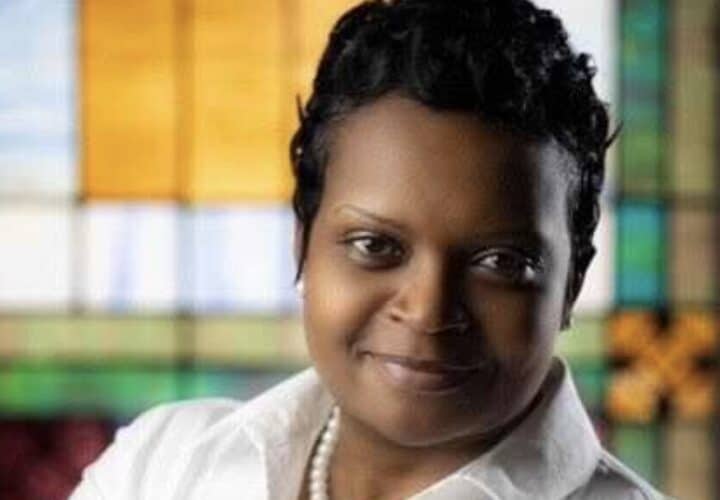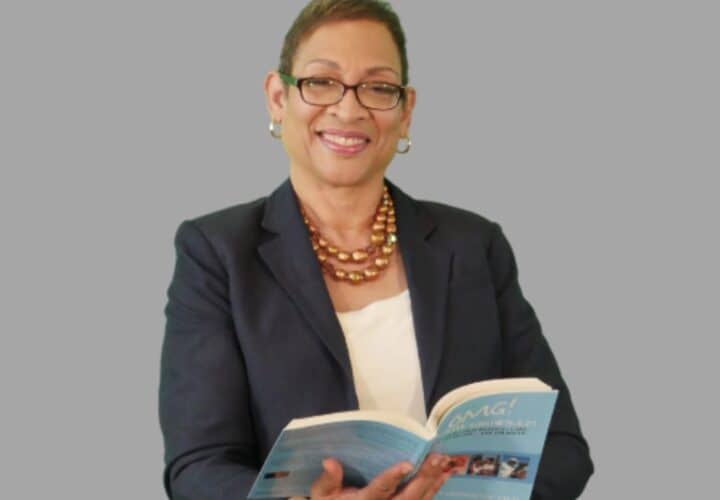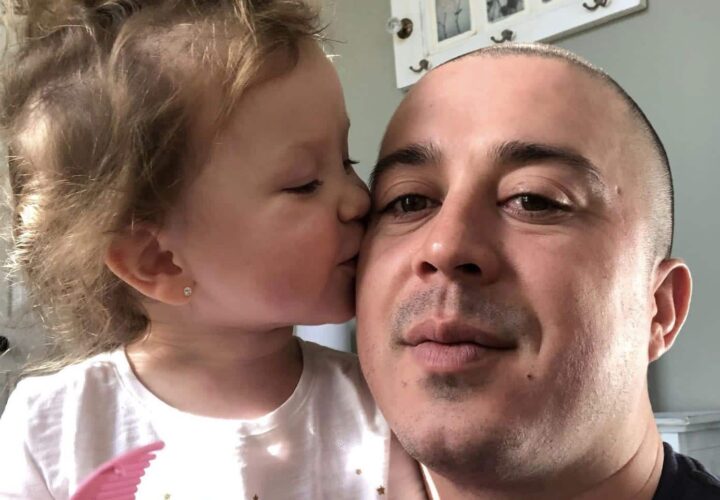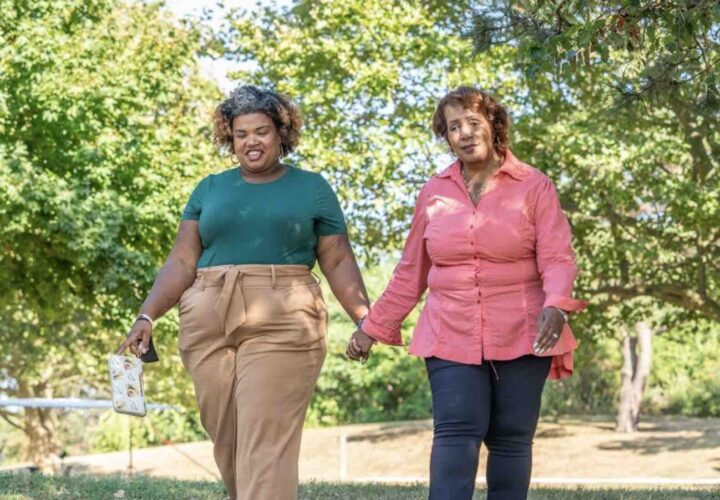Fayron Epps has dedicated her life to educating African American church congregations about dementia in hopes of providing a more inclusive, more understanding community.
This article is part of the series Diversity & Dementia, produced by Being Patient with support provided by Eisai. Image courtesy of Fayron Epps.
One day, Fayron Epps’s bishop asked if she was interested in a job at the church. She declined. She was already an assistant professor of nursing at the Emory University Nell Hodgson Woodruff School of Nursing in Druid Hills, Georgia, and wasn’t sure she had the time — or any relevant skills — to offer. Her bishop wanted to know more about her work at Emory, and listened intently about her career working with people living with dementia. Only then did he come to realize his own uncle likely had dementia. No one had ever spoken with him or his family about treatment, much less an official diagnosis.
At this moment, Epps’ Alter program came to life. “Develop something and I will support you,” Epps recalled her bishop saying. She went back to her advisory board at the Faith Village Research Lab, where she is the principal investigator, and put together the beginnings of an educational outreach program to members of the church.
For about a year, Epps volunteered her time to educate Black churches, but she felt something was missing. Instead of giving a lecture and leaving, Epps wanted to push forward a more hands-on type of learning. What distinguishes the Alter program, Epps told Being Patient, is that while providing education, they also provide structured activities based on the lessons taught.
“We know each faith community is different, so we don’t say, ‘You have to do this.’ We actually give them choices so they can choose what activities will be more applicable for the community that they serve and we support them throughout the process,” Epps said.
Epps said Alter staff also stress that the education needs to be brought to the church as a whole, not just to those affected by a dementia diagnosis. In addition, the program provides financial contributions to those churches. As of now, they work primarily with Christian churches.
“This is my ministry,” Epps said. “This is actually my purpose in life. Instead of having been a ministry leader at a church, I have actually taken this on as my ministry, so everything revolves around this.”
Epps called her research entity the Faith Village Research lab, “because it takes a village,” she said. “You don’t have to be impacted by this today, but knowing about it helps you support your neighbor and be there for them.”
The lab focuses on faith-based research, education, and spreading dementia and brain health awareness in the African American community, with a focus on those living with dementia or caregivers.
Epps said they also have dementia-friendly workshops for church leaders, and community forums that are tailored to address understanding dementia in the African American community, so they can apply the program’s examples both at church and at home.
In January 2020, the Alter program got their first church on board, and over the last 18 months, 14 churches in Georgia have signed up. She considered this a triumph.
“It’s not easy to get the Black church to come on board, and as we can see with the vaccine hesitancy, it’s [the case] a lot with communities of color [because] it takes a lot of trust,” Epps said. “I feel good that I’m continuing to build that trust.”



